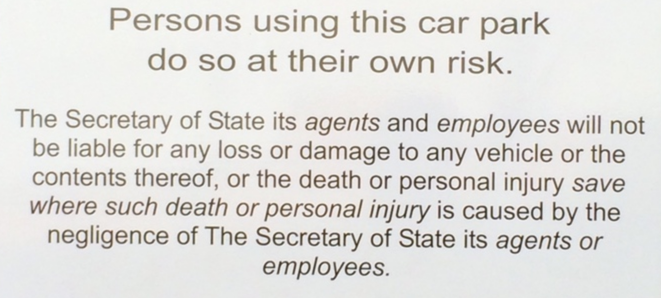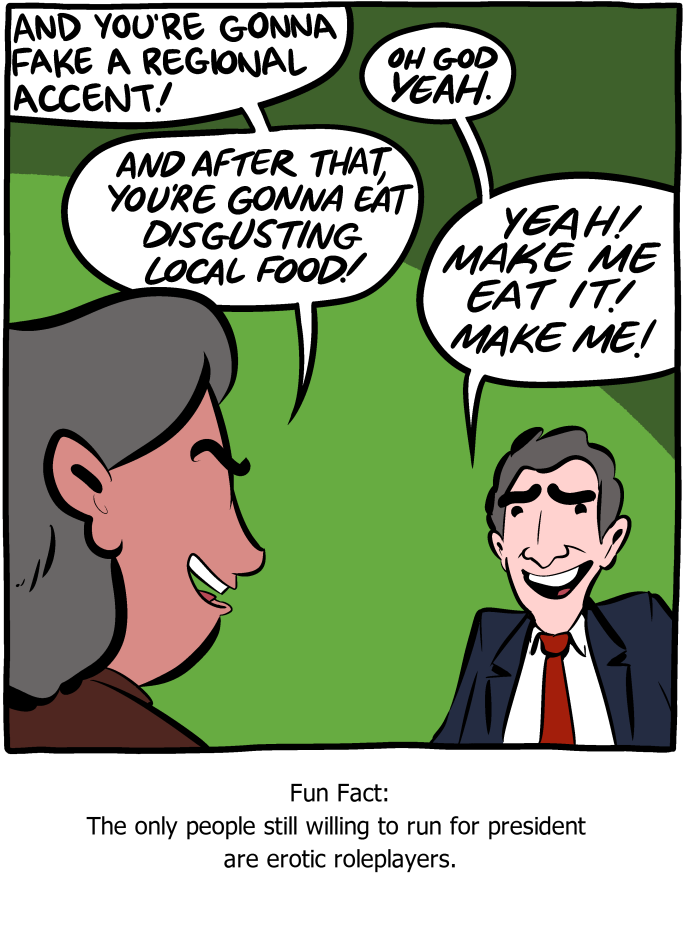Modeling repetitive behavior
A recent conversation with Didier Demolin about animal vocalizations motivated me to return to a an issue discussed in "Finch linguistics", 7/15/2011. (See also "Markov's heart of darkness", 7/18/2011, "Non-Markovian yawp", 9/18/2011, and "The long get longer", 12/4/2013.)
The point is this: In modeling the structure of simple repetitive behavior, considerations from (traditional) formal language theory can obscure rather than clarify the issues. These threats to insight include the levels of the Chomsky-Schützenberger hierarchy, the "recursion" controversy, and so on.
What follows is an attempt at a simple illustrated explanation.
Read the rest of this entry »
7,530,000 mainlanders petition Taiwan actress to change her name
From David Moser:
7.5 mil. #China netizens don't recognize character in Taiwanese actress' name, signed petition to make her change it pic.twitter.com/3KodhcHG2i
— Chris Derps (@ChrisDerps) May 11, 2015
Read the rest of this entry »
QQ chicken frame / skeleton / bones / whatever
David Rowe took this photo of a sign on a market stall in Sydney Chinatown:
Read the rest of this entry »
Passive problem
We've been highly skeptical, in general, of usage mavens' often-mistaken disdain for what they call "passive voice". The objects of their animus are often not grammatically passive at all, but merely vague about agency — or sometimes just weakly phrased in some not-very-clear way.
But Jerry Friedman points out a case where vagueness about agency poses real-world problems — and here it really is a passive-voice construction that is at fault.
Read the rest of this entry »
Slut shames students
Jen Chung, "CT High School Slut Shames Students Over "Inappropriate" Prom Dresses", Gothamist 5/12/2015:
Female students at a Connecticut High School are furious that dresses bought for this weekend's prom are being banned because they have exposed shoulders, backs, sides and legs. One mother—whose daughter had two dresses rejected—said, "They've suggested the girls wear T-shirts under their dresses. My daughter won't wear a T-shirt. She would be mortified."
Read the rest of this entry »
An opportunity to immortalize yourself
Below is a guest post by Andrew Caines:
There's been growing interest in recent years in crowdsourcing as a means of data collection: for example, asking workers on Amazon Mechanical Turk to rate sentences for grammaticality, implicatures, sentiment, etc. As part of a special session for this year's INTERSPEECH Conference on innovative uses of crowdsourcing, we're building a crowdsourced spoken corpus of English and German.
Read the rest of this entry »
Wrack and ruin
 The Northeast Regional, on its way from Philadelphia to New York City, derailed a couple of hours ago in North Philly. At least five people are dead, and many injured. This is a train that I've taken a hundred times.
The Northeast Regional, on its way from Philadelphia to New York City, derailed a couple of hours ago in North Philly. At least five people are dead, and many injured. This is a train that I've taken a hundred times.
One of the first things that I saw in the live online coverage was this grimly appropriate tweet:
Jeremy Wladis of NYC was on the last car: "There were women launched up in the luggage wrack. I don't even know how they got there."
— Tricia L. Nadolny (@TriciaNadolny) May 13, 2015
Read the rest of this entry »
Punctuation
Brian Hutchinson, "UBC student writes 52,438 word architecture dissertation with no punctuation — not everyone loved it", National Post 5/8/2015:
There was Patrick Stewart, PhD candidate, defending his final dissertation before a handful of hard-nosed examiners at the University of British Columbia late last month. The public was invited to watch; two dozen curious onlookers saw Stewart attempt to persuade five panelists that his 149-page thesis has merit, that it is neither outlandishly “deficient,” as some had insisted it was, nor an intellectual affront.
Unusual? It is definitely that. Stewart’s dissertation, titled Indigenous Architecture through Indigenous Knowledge, eschews almost all punctuation. There are no periods, no commas, no semi-colons in the 52,438-word piece. Stewart concedes the odd question mark, and resorts to common English spelling, but he ignores most other conventions, including the dreaded upper case. His paper has no standard paragraphs. Its formatting seems all over the map.
The National Post story suggests that the document is a translation from Nisga'a:
He wrote his first draft in the Nisga’a language. That failed to impress at least one senior UBC professor, a powerful figure who would eventually have to sign off on the work, or all would be lost. Stewart was called on the professor’s carpet and told his work was not acceptable. He was asked to translate “every word” of his dissertation into English. “So I did that,” he recalls. “There was still no guarantee it would be approved.”
Read the rest of this entry »
Sanit(ar)y
Nathan Hopson found this in a public bathroom at the Nagoya prefectural children's center last Monday:
Read the rest of this entry »
Forbidden Lawn
This afternoon at the Jardin du Luxembourg, which is around the corner from where I'm living for the next couple of months:
Read the rest of this entry »
Totes
Back in March, Lauren Spradlin gave a wonderful talk at PLC 39, under the title "OMG the Word-Final Alveopalatals are Cray-Cray Prev: A Morphophonological Account of Totes Constructions in English". It's been on my to-blog list ever since.
Totes, of course, is a clipped form of totally, which can be found is exchanges like this one:
A: Yo, I'm totes starving. I could totes eat a horse right now.
B: Yeah, totes feel you man. I'm totes hungry too.
A: I totes know this totes pimp place we could eat.
B: We should totes hit it up then.
A: Totes.
B: Totes.
This (I think simulated) example of "totestalatarianism" comes from a Totes Truncation site that Lauren set up to hold the appendices for a paper of the same name as her PLC talk.
But the point of her analysis is not the totes usage itself, as striking as it sometimes is, but rather the pattern of abbreviation that often spreads to other words in the totes phrase: "totes emosh", "totes adorb", "totes atrosh", "totes apprope", "totes unfortch". Mix in a final /s/ and maybe some expressive palatalization, and you've got "totes arbz" (< arbitrary), "totes inevs" (< inevitable), "totes awesh" (< awesome), "totes impresh" (< impressive).
Read the rest of this entry »




